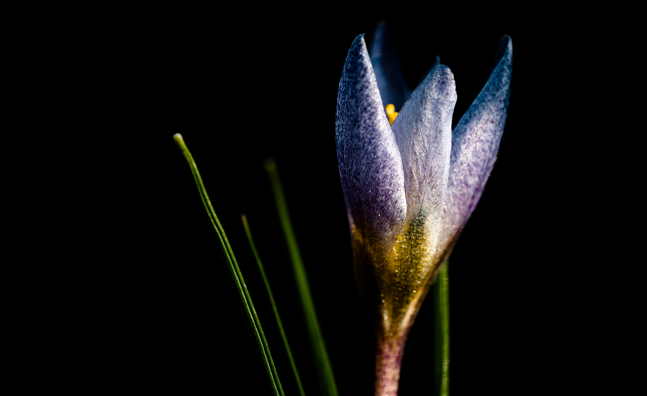
Bioblitz
Project Name: Bioblitz
History: Annual activity
Location: METU, Ankara
Role Of DKM: Project Implementation
Contact: Dr. Ozge Balkiz
Project Summary:
Bioblitz is a biodiversity detection study, an intense period of biological surveillance in an attempt to record all the living species within a designated area. It is organized as a marathon with the participation of scientists, nature hosts and citizens. Its aim is to attract people's interest in nature and nature conservation issues on the one hand and to reveal the species diversity of the area to be protected. The event is organized by the Nature Conservation Center Foundation (DKM) and METU Ecosystem Implementation and Research Center (EKOSAM). The activity had started in the early morning and lasted until eight in the evening, nature lovers made observations accompanied by nature hosts, took photos of plants, birds and butterfly species that were of interest, recorded these species through an application and shared them with everyone . Experts also helped them to identify the species. Finally, many species were identified within the scope of citizenship science and all participants spent pleasant time in nature.
Last year, 267 species belonging to 424 taxa were recorded at the event. The five most recorded species were Anatolian melik (Melanagia Larissa) , haired flax ( Linum hirsutum), scabies (Genus scabiosa), Spanish queen (Issoria lathonia), and the mercenary (Teucrium polium). This year, 1,428 observations were made and 260 species of 335 taxis were recorded. The most observed species were: Rosehip ( Rosa canina) , marsh fritillary (Euphydryas aurinia), musk thistle (Carduus nutans), burnet (Zygaena purpuralis ), Cerinthe (Cerinthe minor). Rosehip and musk thistle, members of the largest families of flowering plants daisy and rosaceae. Marsh fritillary is from the brushfoot family and the decreasing population in Europe is under protection. The results of BioBlitz activities were different; One reason for this may be that the observations were made in different months. The continuation of such studies factors will enable us to better understand the biodiversity of the METU Campus and the affecting it.

